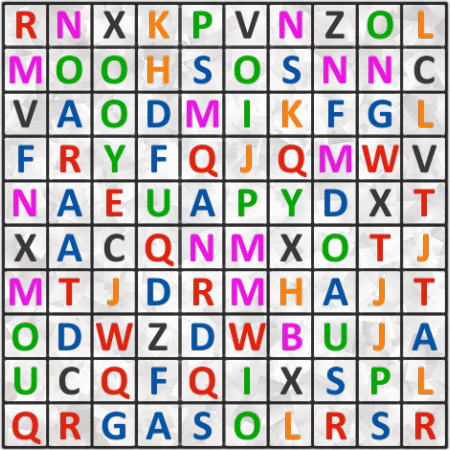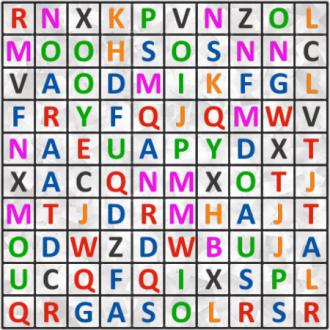Find a famous person
Find the first and the last name of a famous person. Text may go in all 8 directions. Length of words in solution: 3,5.Correct answers: 29
The first user who solved this task is Donya Sayah30.
#brainteasers #wordpuzzles

